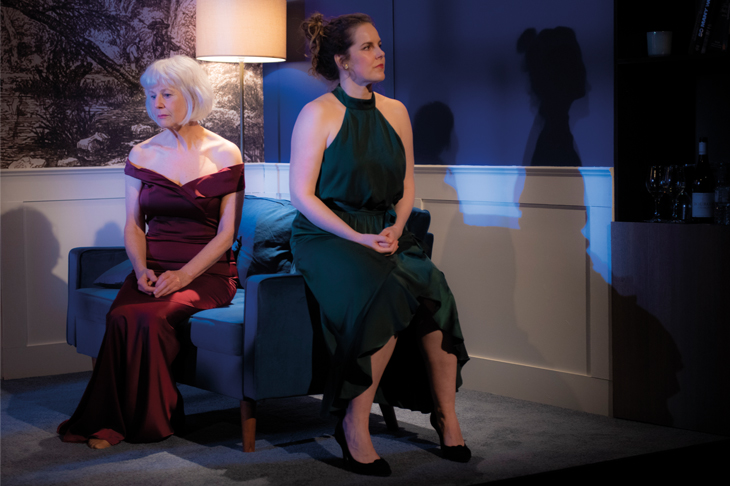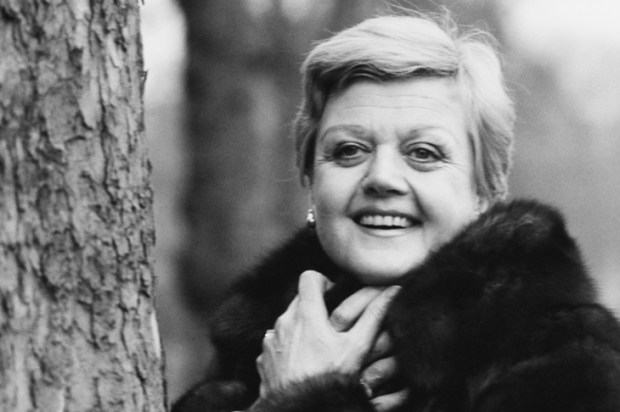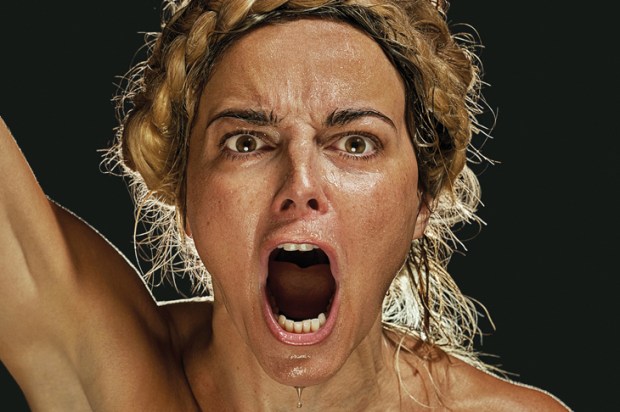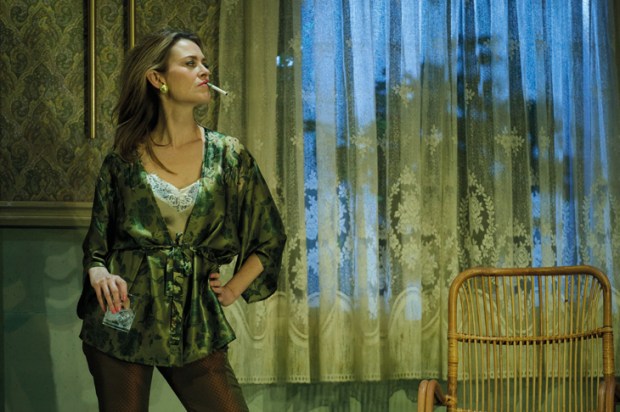Does anyone know where we are in the world of arts and entertainment as Omicron advances, boosters abound, RATS are rare and the Prime Minister now approves of Premier McGowan keeping the WA border closed though until the other day this was anathema to him? But the Australian Ballet are limbering up for their Anna Karenina, Melbourne Opera, with truly colossal ambition, is doing Die Walküre, the heart of Wagner’s Ring Cycle, with Rosamund Illing brandishing a spear as those aerial offspring of Wotan take their spiralling tumultuous ride.
Already a subscriber? Log in
Subscribe for just $2 a week
Try a month of The Spectator Australia absolutely free and without commitment. Not only that but – if you choose to continue – you’ll pay just $2 a week for your first year.
- Unlimited access to spectator.com.au and app
- The weekly edition on the Spectator Australia app
- Spectator podcasts and newsletters
- Full access to spectator.co.uk
Unlock this article
You might disagree with half of it, but you’ll enjoy reading all of it. Try your first month for free, then just $2 a week for the remainder of your first year.














Comments
Don't miss out
Join the conversation with other Spectator Australia readers. Subscribe to leave a comment.
SUBSCRIBEAlready a subscriber? Log in